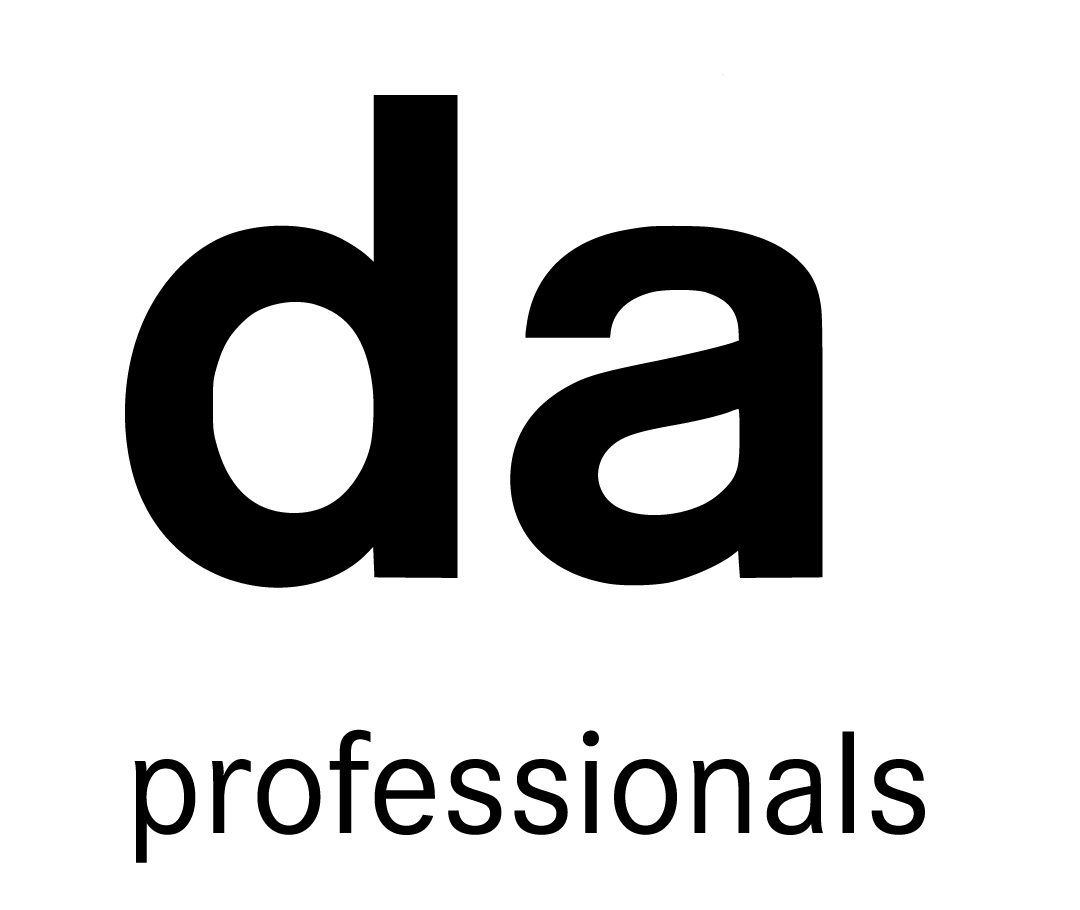How To Get Out Of A Failed Interview – A Guide In Four Steps

We have probably all “messed up” an interview at some point in our career. In our day-to-day consulting work, we occasionally experience such situations and are always amazed at how differently candidates deal with them. Below are four steps that could help you to skilfully rescue yourself from such situations in the future or – even better – to prevent them from happening in the first place.
From our archive by da professionals ag.
This article was originally written in German.
During the interview
1. Remain Calm – Ask Questions
If you sense during the interview that the interview is not going well for you, signal this to the interviewer if possible. In this way, you will achieve a surprise effect and demonstrate honesty and self-criticism. Perhaps you misunderstood a question out of nervousness or gave an answer that gave an unintended impression of yourself? Before you sink into your chair for the rest of the interview, take a deep breath and proactively address the issue with your interviewer. You may be able to defuse your “mistake” by following up: “As I’m only now understanding the question properly, could I perhaps take it up again? ” Or have you completely lost your way in the conversation and drifted off into trivialities? Be brave and interrupt the interview with a self-critical reflection. This could go something like this: “I realize that I have lost myself in endless explanations. May I start again from the beginning? ” Many candidates are well aware of the importance of the first impression, but underestimate the importance of the last impression. It is not uncommon for applicants to surpass themselves during the interview, which will certainly be remembered by the interviewer.
2. Obtain Feedback
Instead of mourning the unsuccessful start to the interview, take the opportunity to shine with a convincing conclusion. A good way to do this is to ask for feedback. Although the question – after a failed interview – will cost you courage, constructive feedback can be worth its weight in gold and, if handled correctly, prove to be an asset for future job interviews. Be honest with yourself: Did you prepare inadequately or were you simply too nervous? Perhaps you didn’t get to the heart of what you were saying or didn’t let your interviewer finish? The feedback can provide you with valuable tips on what you can pay attention to in the future. Finding out the reasons for failure can be painful at first, but after all, your goal is to find your dream job. However, you should also be aware that not all interviewers will be able to give you sincere and meaningful feedback spontaneously.
After the interview
3. The Thank You Email
A thank you email is not only there to thank the interviewee for their time and the opportunity to be interviewed. You can also use it to revisit the part of the interview where you think you didn’t shine. Take this opportunity to refer back to the question that you answered unsatisfactorily or where you got completely lost in the interview. Do not run the risk of justifying or even defending yourself.
4. Interview Perspective: “I either win or I learn”
Some failed interviews simply cannot be saved. Don’t despair! Now it’s time to learn from your mistakes and not repeat them at the next interview. You will then know all the more precisely where you failed and it will be all the easier for you to keep the “lessons learned” in mind.
It is also worth considering whether the failed interview was the right job and the right company for you. When you’re looking for a new job, it’s easy to convince yourself that a position is perfect for you. In reality, however, you may be overqualified, underqualified or simply not a good fit for the company culture. Perhaps after self-critical reflection you realize that you could be happier in a smaller company or would like to do the same position in a different industry?
Regardless of the outcome of your findings – don’t forget: after the interview is before the interview.

